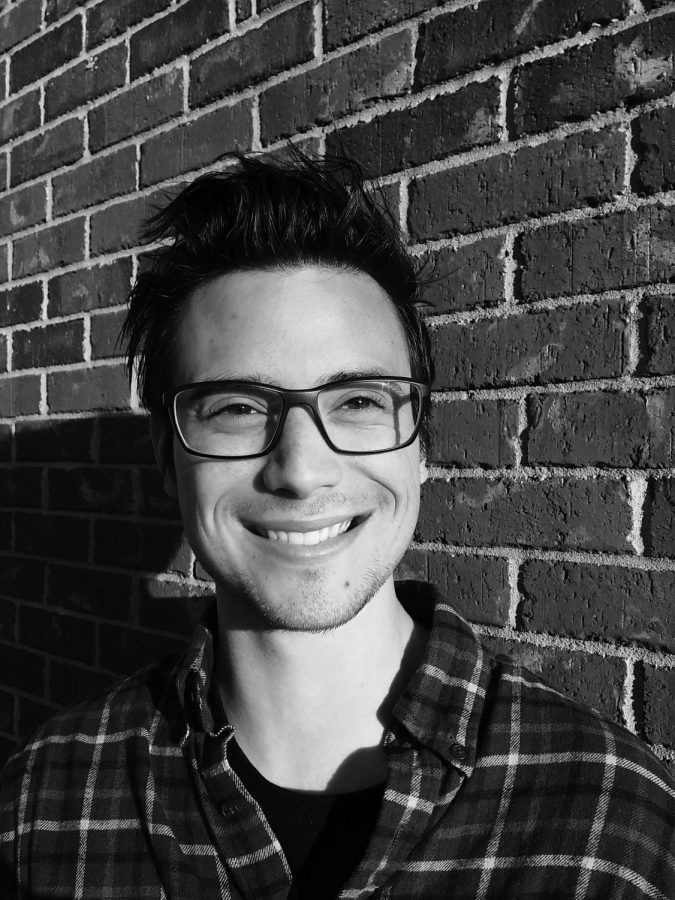Not Your Typical Woman: “Broad City” adds modern angle to youth culture
March 5, 2015
“Broad City,” a relatively new comedy in its second season, centers on Ilana and Abbi’s adventures in New York as they deal with issues and concerns of adults in their early twenties.
Despite the cliched plot line of trials in young adulthood, “Broad City” adds a modern angle. The girls bring casual drug use, unreliable jobs and a sense of instability relatable to freshly graduated 20-year-olds. The two add a layer of honesty that other comedies miss when dealing with youth culture.
Ilana Glazer and Abbi Jacobson, both self described feminists, parody the lazy and party-focused culture that is pervasive in America’s college crowds. The girls represent a poor-student class of young people breaking out of childhood to find identity in a harsh and chaotic world.
Ilana, who is perpetually selfish, seems to take center stage in the series’ layout. She often dictates the direction of the show, coaxing her cautious best friend Abbi into unfortunate or ill-planned situations. Ilana’s character is a direct reflection to the instant gratification and unapologetic ego inherent in millennials.
Her oblivious persona and inability to abide by social customs follows on the heels of a generation that has thoroughly abandoned tradition.
Back in 2009, Ilana and Abbi started an online series and grew successful via self promotion and talent. They caught the eye of major networks in the following years and with the mentorship of Amy Poehler, the two women transferred their show to Comedy Central.
The girls, who built success through YouTube, prove the changing entertainment industry is now more open and accessible than ever. The two left the Internet and paved a way for comedians with a YouTube account and an iPhone.
Uniquely, the girls connect the new generation to contemporary struggles, often through heavy involvement in the digital world. They satirically reference Facetime, sexting and Craigslist and relate these new cultural ideas through their narcissistic endeavors.
Ilana and Abbi remind viewers of the blasé attitudes exhibited by many prominent celebrities and how fame worship affects the daily lives of young adults.
The girls represent the recent trend of internet fandom— the power of fame garnered through digital platforms. With their newfound platform, they voice the growing struggle for youth to achieve comfortability and success in the city.
Though “Broad City” isn’t necessarily a pro-feminist show, the series does center on the female perspective of dismissive, distracted youth on the cusp of adulthood.
The two women face issues relatable to young adults as they face a shaky job market, expensive housing and overpopulated cities. Ilana and Abbi aren’t the best role models for appropriate or successful women in New York, but the actresses display a social awareness and complex satirical talent obvious in the writing of the show.
Though they offer little insight on wading through sexism in the modern era, the two comment on young women dealing with contemporary issues found only in youth culture. They ignore social hurdles unique to their gender and instead tackle ones universal to those in their 20s. In this way, “Broad City” uses the female voice to illuminate class-based struggles— expanding their female perspective to address issues plaguing everyone in their age group.
“Broad City” airs, Wednesdays on Comedy Central at 9:30p.m.

























